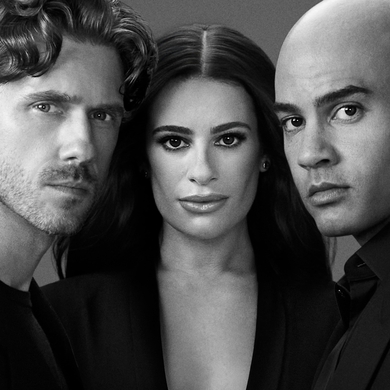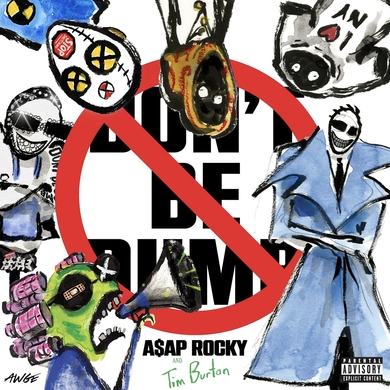Officially, the blockbuster “Degas at the Opéra” (at the Musée d’Orsay through January 10, 2020; due at the National Gallery of Art, Washington D.C., March 1 to July 5, 2020) celebrates the 350th anniversary of the founding of the Paris Opéra. That’s a squishy premise, given how narrow a sliver of the institution’s history Degas represents and the self-evident fact that his interest was in the glamorous, malnourished, shamelessly exploited “little rats” in tutus. (Singers are conspicuous in his oeuvre for their virtual nonexistence.) So, three cheers for Frédéric Mitterrand, the multitalented ex-Minister of Culture of France, for curating a brief anthology of operatic films to complement the show, though here the premise and the choices seem a little squishy, too. Of four titles, the beloved Magic Flute of Ingmar Bergman and the rarely seen Bartered Bride of the swooningly operatic Max Ophüls have come and gone. Schoenberg’s thorny Moses und Aron, refracted through the austere prism of Jean-Marie Straub, comes up on December 12. What has any of these three to do with Degas? And then, as the grand finale: Mitterrand’s own film of Puccini’s geisha’s tragedy Madama Butterfly (January 9). Given Degas’s indebtedness to ukiyo-e, Japan’s “pictures of the floating world,” what could be more à propos? —M.G.



